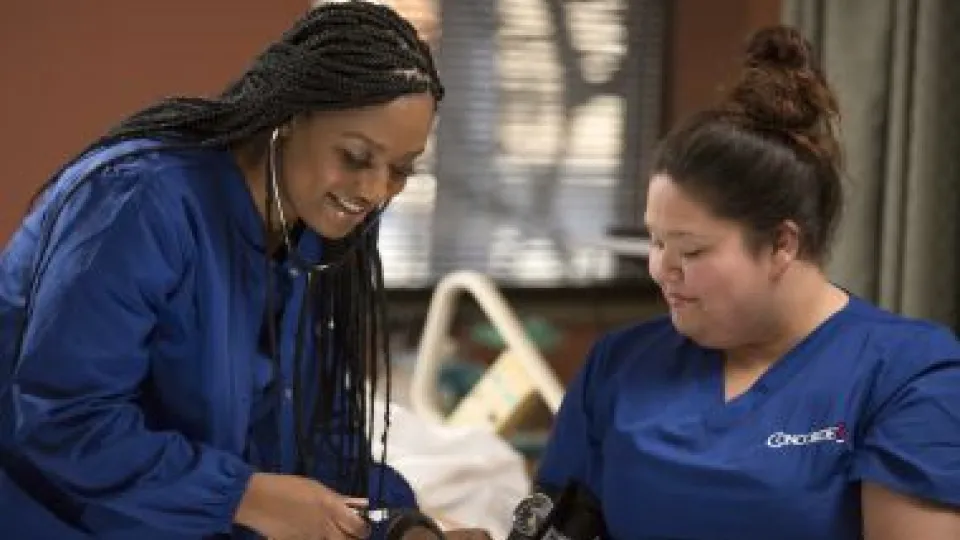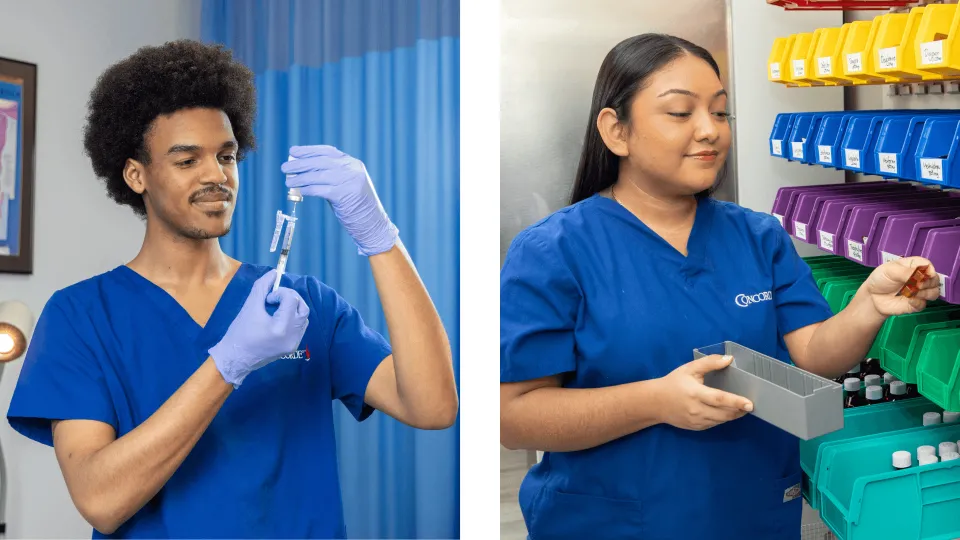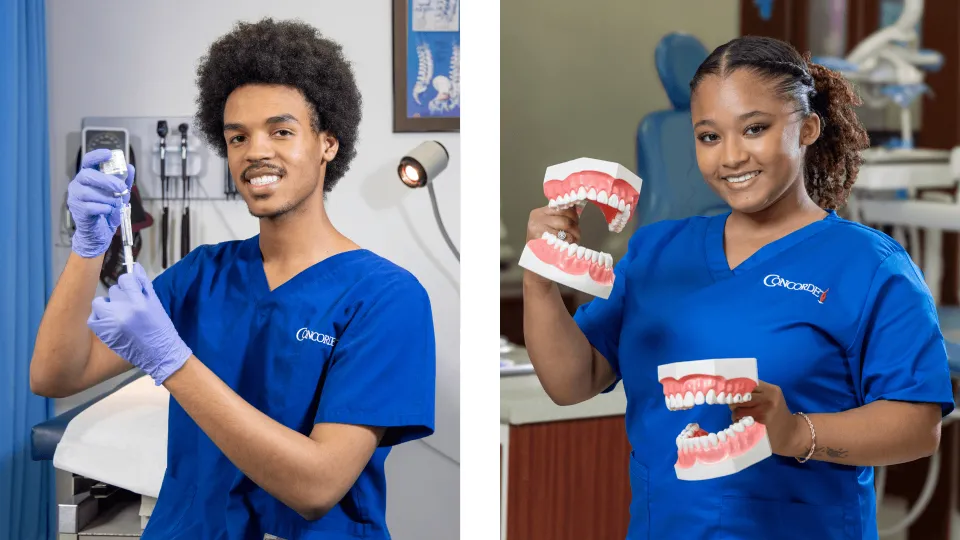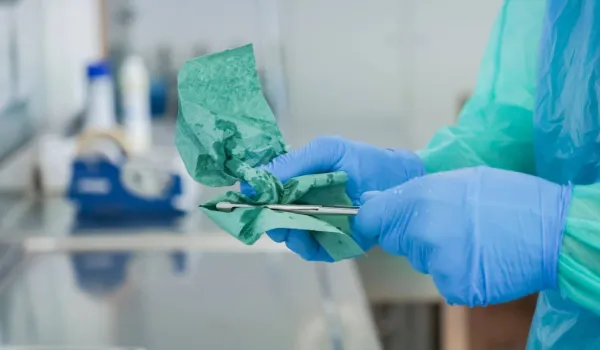
The Practical Nurse and Medical Assistant both are vital components of any medical team. They both can work in a variety of settings, from physicians' offices to older adult care facilities. They also perform a variety of tasks, from taking vital signs to administering medications. There are many similarities.
There also are many differences, starting with the hierarchy in the medical industry.
"Lately, many Medical Assistant graduated students come to our Vocational Nursing (another name for Practical Nurse) program," said Lu-Ping Gamble, RN, MSN, PhDEd, Director of Concorde Vocational Nursing Programs in Garden Grove, CA. "It is the career advancement from MA to LVN."
We enlisted the help of a recent article posted on the eMedicalAssistants website which might help some other Concorde students and graduates decide to pursue career advancement with another program.
Medical Assistants do not earn a license
A Medical Assistant might become certified or registered upon completing an approved medical assisting program, according to the eMedicalAssistants article. Certification and registration are different than a license and are not interchangeable. A Practical Nurse may sit for a licensing exam after graduation from nursing school. Earning a license allows the Practical Nurse to practice skills independently, though most states require that an LPN be supervised by a registered nurse.
Medical Assistants do not practice independently. They work under a physician's medical license.
The Practical Nurse learns far more clinical skills
There are differences in skills performed by both MAs and LPNs, though some are common. LPNs learn some clinical skills during nursing school which is not taught in MA programs.
A Practical Nurse might be trained to place an intravenous line (IV) and provide select medications via an IV. That is not a skill routinely taught during MA school or allowed for practice, though some MA schools teach it.
LPNs learn other skills an MA might not have learned or be allowed to do by state law. Inserting urinary catheters and giving certain medications by injection, such as antibiotics or narcotics, are some skills that vary between professions.
Practical Nurse programs have more depth
Licensed Practical Nurse programs often are grouped in a nursing program that offers both LPN and RN degrees. All students obtain the same first-year nursing curriculum. An LPN program might include learning in-depth patient assessment techniques, how to create care plans, pain management techniques including therapeutic touch therapy and how to care for the terminally ill and dying patient. Critical thinking skills also are a foundation skill taught in nursing school. These skills allow the LPN to function at a patient's bedside in a hospital, hospice or long-term care facility setting.
LPNs earn more
Despite similarities in responsibilities, LPNs generally earn more than MAs, according to the Bureau of Labor Statistics. Earnings will vary based on where you live, your experience and education earned beyond your LPN or MA diploma or degree.
Take The Next Step Towards a Brighter Future
Interested in learning more about our Medical Assistant program?
We have a Concorde representative ready to talk about what matters most to you. Get answers about start dates, curriculum, financial aid, scholarships and more!







